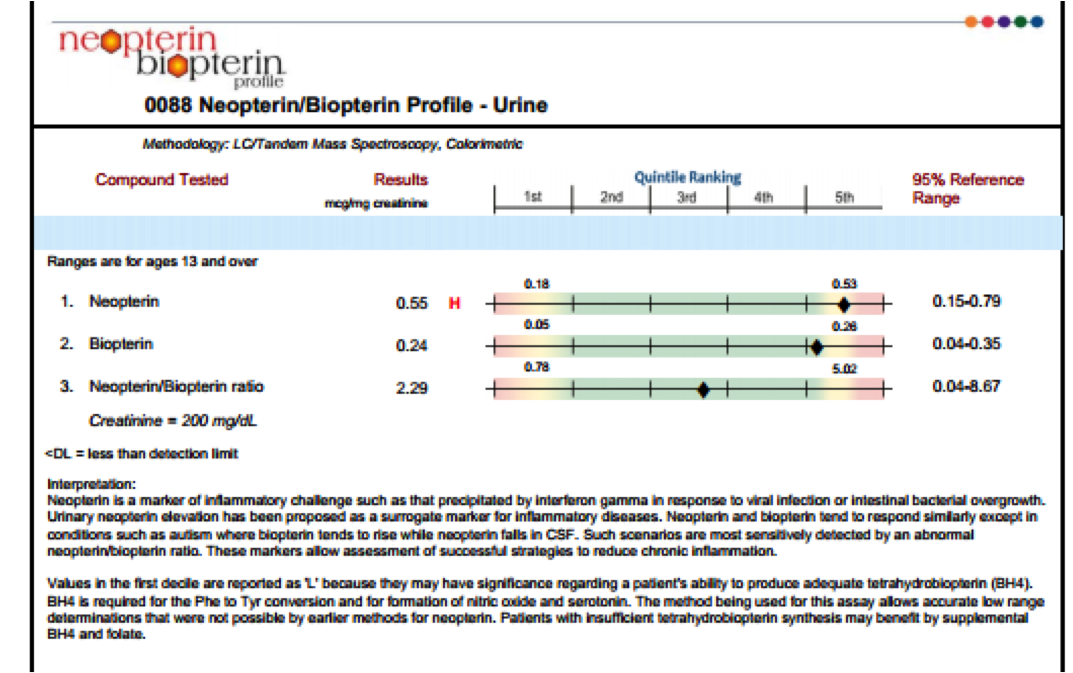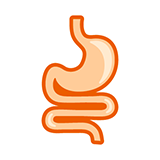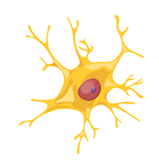
Purpose of running this test:
The Neopterin / Biopterin Profile Urine Test* assesses the levels of these important substrates in your body, biopterin being a breakdown product of tetrahydrobiopterin (BH4). BH4 is critical for neurotransmitter production and other important functions, including the processing of intermediates that generate oxygen free radicals. BH4 is a necessary cofactor for endothelial nitric-oxide synthase (eNOS). Deficiencies in BH4 can therefore allow for increased levels of the biologically toxic superoxide anion.
When you have an infection, neopterin may be produced preferentially over biopterin in response to immune system requirements. A shift in the neopterin/biopterin balance away from biopterin toward neopterin may be an indication of increased immune function in response to infection. Knowing that this balance has shifted may be critical to your fully understanding what is going on in your body.
Healthy levels of tetrahydrobiopterin are necessary for the synthesis of dopamine and serotonin, critical neurotransmitters for executive mental function, mood and other organ system function. The presence of BH4 also helps mitigate some of the reactive oxygen species production that can occur secondary to urea cycle function. The levels of biopterin on this test may or may not reflect biologic BH4 levels, because biopterin is an end product of the processing of BH4. However, when used in conjunction with other tests that reflect BH4 levels, this biopterin measurement is useful in assessing the need for supplemental natural sources to support normal healthy BH4.
*The Neopterin / Biopterin Profile Urine Test is no longer available. A great alternative that can still help determine your BH4 levels is the Comprehensive Neurotransmitter Test.
| Result | This table contains the rationale behind my suggestions. These suggestions are for your consideration. Defer your choices to your own health care practitioner, as always. |
| Elevated Neopterin |
Consider T cell and B cell support capsules for immune support. Stress Foundation nucleotide blend may be helpful in supporting a healthy TH1 to TH2 balance for your immune system. To support healthy BH4 levels, consider MTHFR A1298C Liver Support capsules, BH4, and Royal Jelly, if you have no allergy to bees. In addition, a CSA test and GI Test can be run to rule out GI bacterial sources of infection and inflammation. General Support nucleotide blend and Inflammatory Pathway Support capsules, along with other appropriate interventions for the underlying condition involved, can be considered for inflammation and/or infection. |
| Biopterin |
Low levels of biopterin may suggest a need to support BH4. Conversely, very high levels may also indicate a need for BH4 support. High levels of biopterin may indicate excessive breakdown or processing of the available BH4 in your system. In this case, additional testing to evaluate the status of your BH4 level should be considered. Testing to assess your aluminum levels can be run. Aluminum inhibits the activity of the DHPR enzyme needed to make BH4, and may deplete BH4 levels. Either low or excessively high biopterin, in conjunction with high aluminum levels, indicates a need to consider supplemental natural BH4 support. Bacterial infection in your body may be a reservoir for aluminum, so high levels of bacteria are also an indicator for BH4 support. Lack of or insufficient BH4 can be a factor in diminished levels of serotonin and dopamine. Tryptophan needs BH4 for its conversion to serotonin. Likewise, BH4 is needed both to convert phenylalanine to tyrosine and to convert tyrosine to dopamine. Assess the levels of serotonin and dopamine on a NT test, in conjunction with tryptophan, phenylalanine, and tyrosine levels on a UAA, to help define your need for BH4, among other things. A “musty odor” coming from your body may be a sign of phenylalanine excess. High levels of tryptophan, phenylalanine, and tyrosine on a UAA test may also indicate a need for additional BH4, such as BH4, MTHFR A1298C Liver Support capsules, and/or Royal Jelly, if you have no bee allergies. Those who are MTHFR A1298C + benefit from additional BH4 support. Lithium may also be a help in supporting healthy BH4 levels. A lack of BH4 may be a factor in an increased level of reactive oxygen species, so check the levels of methionine sulfoxide, cystine and homocystine on a UAA as one measure of oxidative stress, as well as considering an Oxidative Damage test. |
Looking for a particular supplement or word in this chapter?
Enter your search term here to highlight it throughout the page:
Please be patient as it may take a few moments to search through all of the content.
To search the entire site, not just this chapter, please click the magnifying glass icon
next to ‘Resources’ at the top of the page.
Related Tests to Run
Run a UAA to assess your levels of tryptophan, phenylalanine, tyrosine, cystine, homocystine, and methionine sulfoxide. Do NT testing to ascertain your levels of serotonin and dopamine. Also, consider a HMT and UTM to assess your level of aluminum, and a CSA test and GI Test to define the bacterial species in your body. These tests are used for many purposes when doing this protocol, so you are likely to have done one or several of them already.






